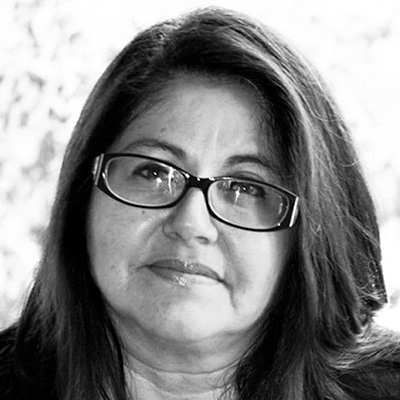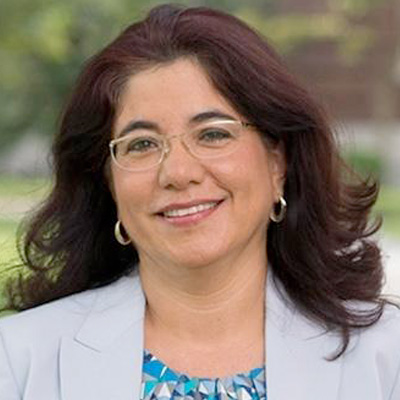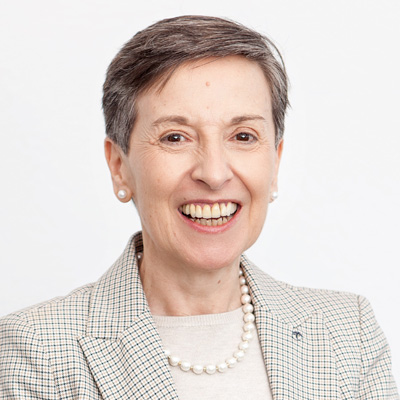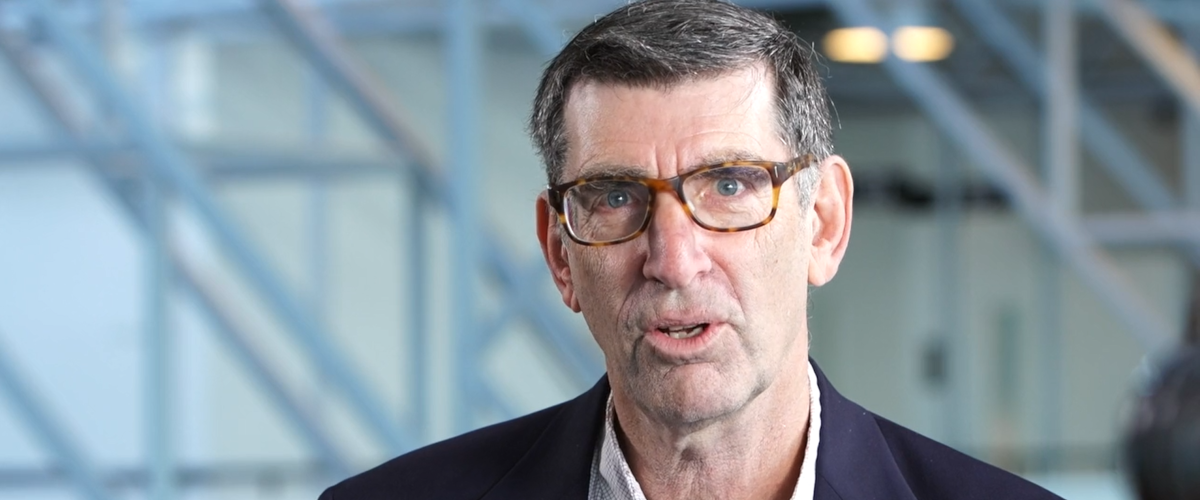Every day, across the Americas, corruption impacts ordinary citizens in a variety of ways. It is the bribe many agree to pay to avoid a fine, the “tax” some have to handover in order to be “protected” by organised crime, and in higher levels, it is the funds that benefit the elite’s own interests, be it political favours, nepotism, or plutocracy.
Whilst all of this negatively impacts both genders, women experience corruption differently. They tend to suffer corruption to a greater extent due to unequal power relations in the region. From sexual extortion and human trafficking to poverty and lack of political representation, the additional obstacles women face make daily life harder.
However, women across Latin America are mobilising and fighting corruption in their respective fields. Here are three short profiles of sheroes that are bringing transparency and justice to several sectors across the region:
MEXICO: Soledad Jarquín

Soledad Jarquín (Photo Credit: Las Noticias Ya)
Soledad Jarquín is a well-known journalist who has dedicated her career to reporting on gender issues and corruption. She is the author of the book Oaxacan Women and is the founder of the feminist publication Las Caracolas.
Based in Oaxaca, Jarquín won the National Journalism Prize in 1996 for her investigation into various rape cases perpetrated by Mexican military officers.
“I was always very committed to reporting how corruption affected women’s lives in Mexico. However, everything changed once I became a victim of it. I was not only writing about it, I was living it. I had to speak up,” she tells me, as we sit in a coffee shop in the Reforma neighbourhood of Oaxaca City. Jarquín takes a sip of her coffee and continues. “My daughter was killed recently, and now I am seeking justice for my own family.”
Pamela Teran, a candidate from the ruling Institutional Revolutionary Party (PRI) in Juchitan in Oaxaca state, was murdered along with Soledad’s daughter, photographer Maria del Sol Cruz and Adolfo Guerra, Pamela’s chauffeur.
Since then, Jarquín has asked for transparency and justice from Mexican authorities. During our conversation, she mentioned that she has received threats attempting to silence her. She admits that it is not easy, but says that she will continue fighting.
Jarquín started the campaign #JusticiaparaSol, asking for action from authorities to solve her daughter’s murder. She says authorities have not been prioritizing this case.
It has been six months now since her daughter was killed. She says she will keep on fighting until there is justice.
I was always very committed to reporting how corruption affected women’s lives in Mexico. However, everything changed once I became a victim of it. I was not only writing about it, I was living it. I had to speak up.
GUATEMALA: Claudia Escobar

Claudia Escobar (Photo Credit: Tony Rinaldo)
Judge Claudia Escobar’s life changed when she turned 51. Following a series of threats that she received for speaking out against corruption in Guatemala’s judiciary, Judge Escobar fled to the United States with her family in 2015 to continue her advocacy for judicial independence.
It was not easy to leave her country, especially since some of her family, including parents and siblings, still live there. Leaving Guatemala also meant a change in her career.
Having grown up in a country marked by impunity, she became the lead whistleblower in a case of grand corruption that revealed illegal interference in Guatemala’s judiciary by high-ranking political officials, including the country’s vice-president and the former president of Congress.
Before disclosing the information, she was asked by officials working close to the vice-president to stay quiet.
“Of course, I was afraid of the consequences. Immediately after I denounced this wrongdoing, the president, the vice president, and the congressman that I denounced started a campaign to intimidate and discredit me professionally. The judges that were elected for the Supreme Court threatened to initiate a process of sedition charges against me. These same officials are currently facing trials for corruption,” Escobar writes.
The United Nations implemented the International Commission against Impunity in Guatemala (CICIG). This commission was able to prosecute high-level politicians in office including the president, vice president, head of Congress, and other powerful army officials and businessmen.
Of course, I was afraid of the consequences. Immediately after I denounced this wrongdoing, the president, the vice president, and the congressman that I denounced started a campaign to intimidate and discredit me professionally. The judges that were elected for the Supreme Court threatened to initiate a process of sedition charges against me. These same officials are currently facing trials for corruption.
ARGENTINA: Delia Ferreira

Delia Ferreira (Photo Credit: Transparency International)
Born and raised in Cordoba, Argentina, Delia Ferreira grew up during the time when Argentinian dictatorship was in power. Social demands were ignored by the government and violent suppression was the norm.
Ferreira wanted justice. As an avid fighter for democracy, she studied in various countries and became an expert on democratic culture and parliamentary ethics.
Later, when the dictatorship was defeated, she returned to Argentina and became the president of Transparency International’s Argentine chapter known as Poder Ciudadano. In this role, she promoted anti-corruption policies and taught others how to implement them.
Following this work, she served as the chief advisor for representatives and senators in the Argentine National Congress and has advised the Constitutional Committee of both legislative bodies.
Today, Ferreira is a famous anti-corruption studies scholar.
She believes journalism is key to tackling corruption, and that “journalism leaks are the key to facing and bringing justice to corrupt entities. Corruption does not give receipts, and it is difficult to find its tracks. That is why journalism matters. And also transparency from banks, governments and institutions is important”.
Journalism leaks are the key to facing and bringing justice to corrupt entities. Corruption does not give receipts, and it is difficult to find its tracks. That is why journalism matters. And also transparency from banks, governments and institutions is important.


